Date: Tuesday 18th November 2025 Time: 18:30-20:00 GMT
Venue: Hong Kong Theatre, LSE
Speaker: Tarun Ramadorai (Imperial College London)
Chair: Ian Martin (LSE Finance and Financial Markets Group)
Book launch of "Fixed: Why Personal Finance is Broken, and How to Make it Work for Everyone" -A Financial Times Best Book of 2025: Economics
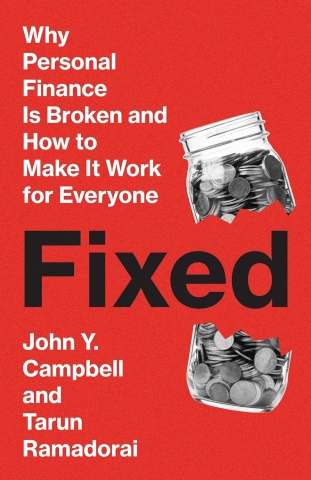
We interact with the financial system every day, whether taking out or paying off loans, making insurance claims, or simply depositing money into our bank accounts. Fixed exposes how this system has been corrupted to serve the interests of financial services providers and their cleverest customers—at the expense of ordinary people.
John Campbell and Tarun Ramadorai diagnose the ills of today’s personal finance markets across the globe, looking at everything from short-term saving and borrowing to loans for education and housing, financial products for retirement, and insurance. They show how the system is “fixed” to benefit those who are wealthy and more educated while encouraging financial mistakes by those who are aren’t, making it difficult for regular consumers to make sound financial decisions and disadvantaging them in some of the most consequential economic transactions of their lives. Campbell and Ramadorai describe how some even opt out of the financial system altogether, relying on unregulated and often shady mechanisms to implement necessary financial functions, with dire consequences for individuals, families, and the economy more broadly.
With the explosive growth of the global middle class, longer lifespans, and greater numbers of seniors managing their money alone, the pitfalls of personal finance now affect billions of people around the world. Fixed proposes concrete solutions that harness the expertise of economists, the power of government, and the speed of technology to restore fairness and trust in our broken system and make it work better for ordinary people.
Event hashtag: #LSEFixed
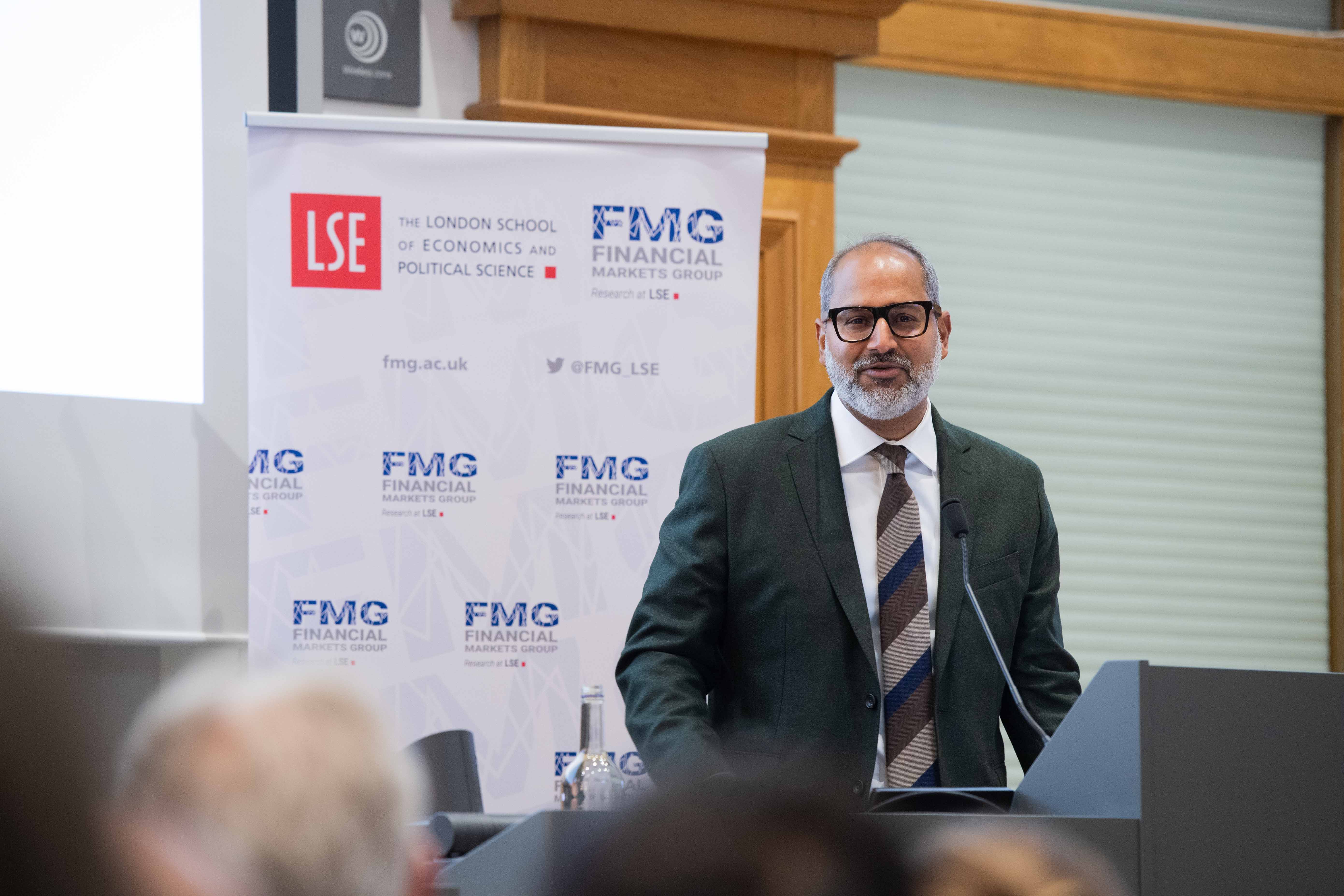

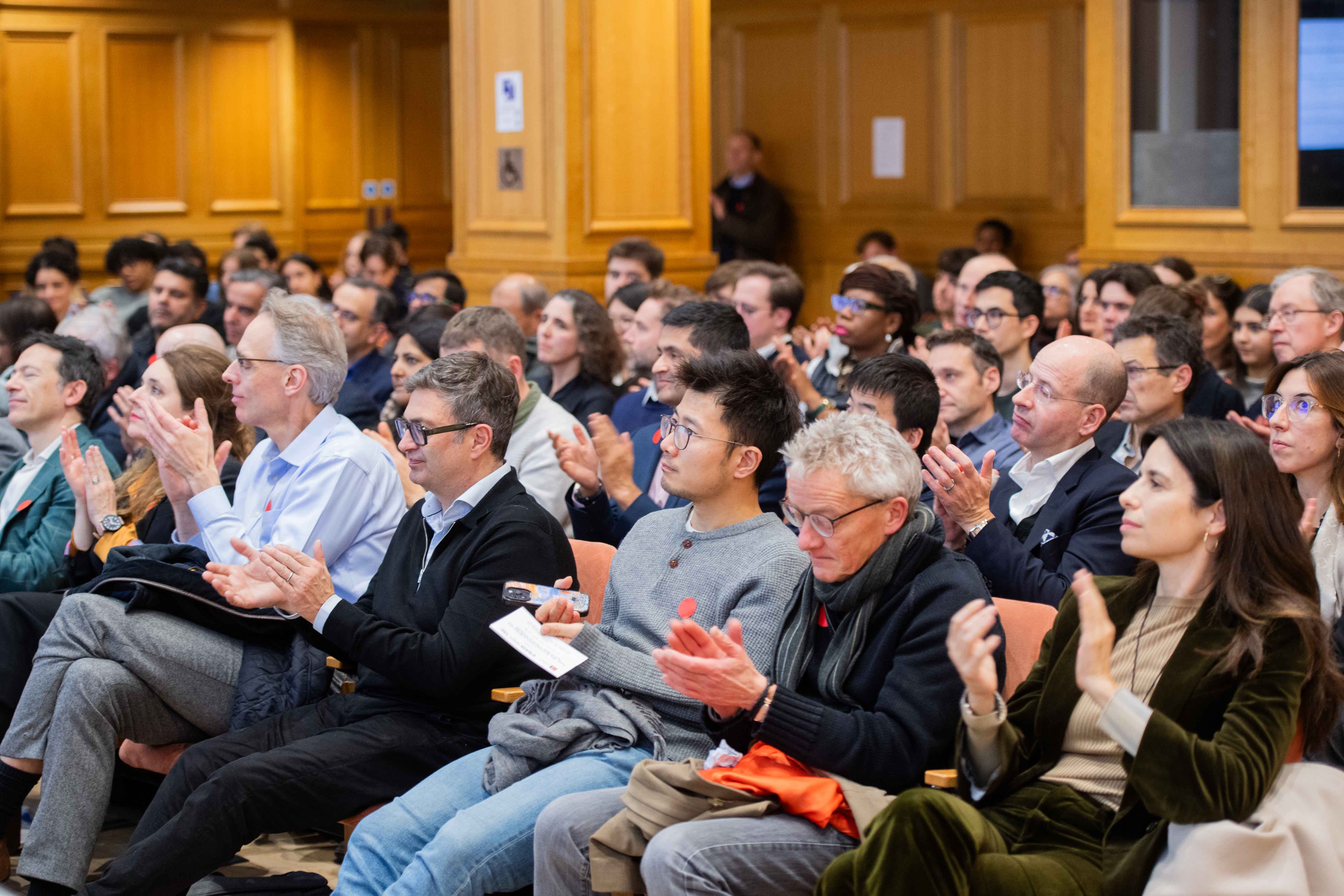
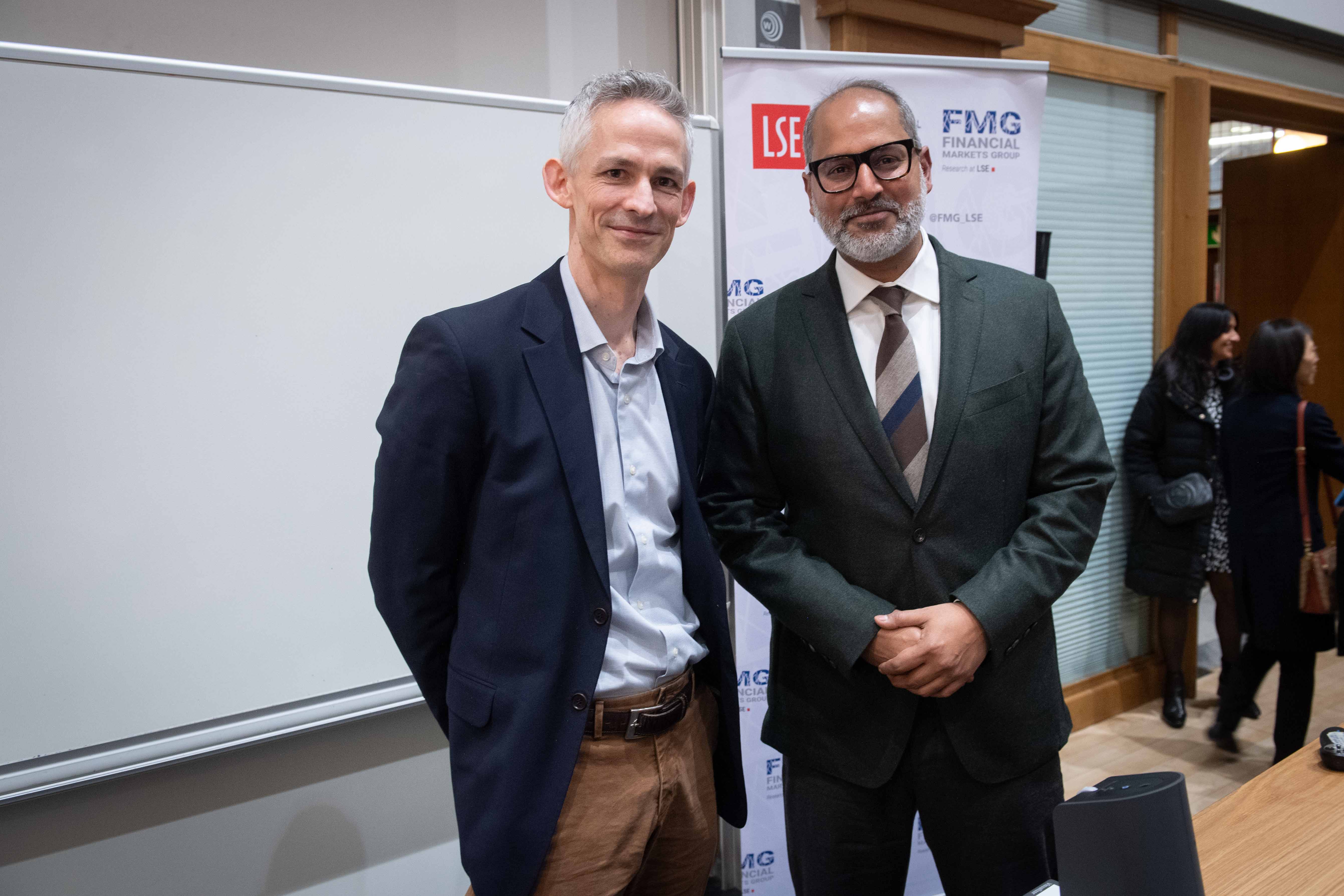
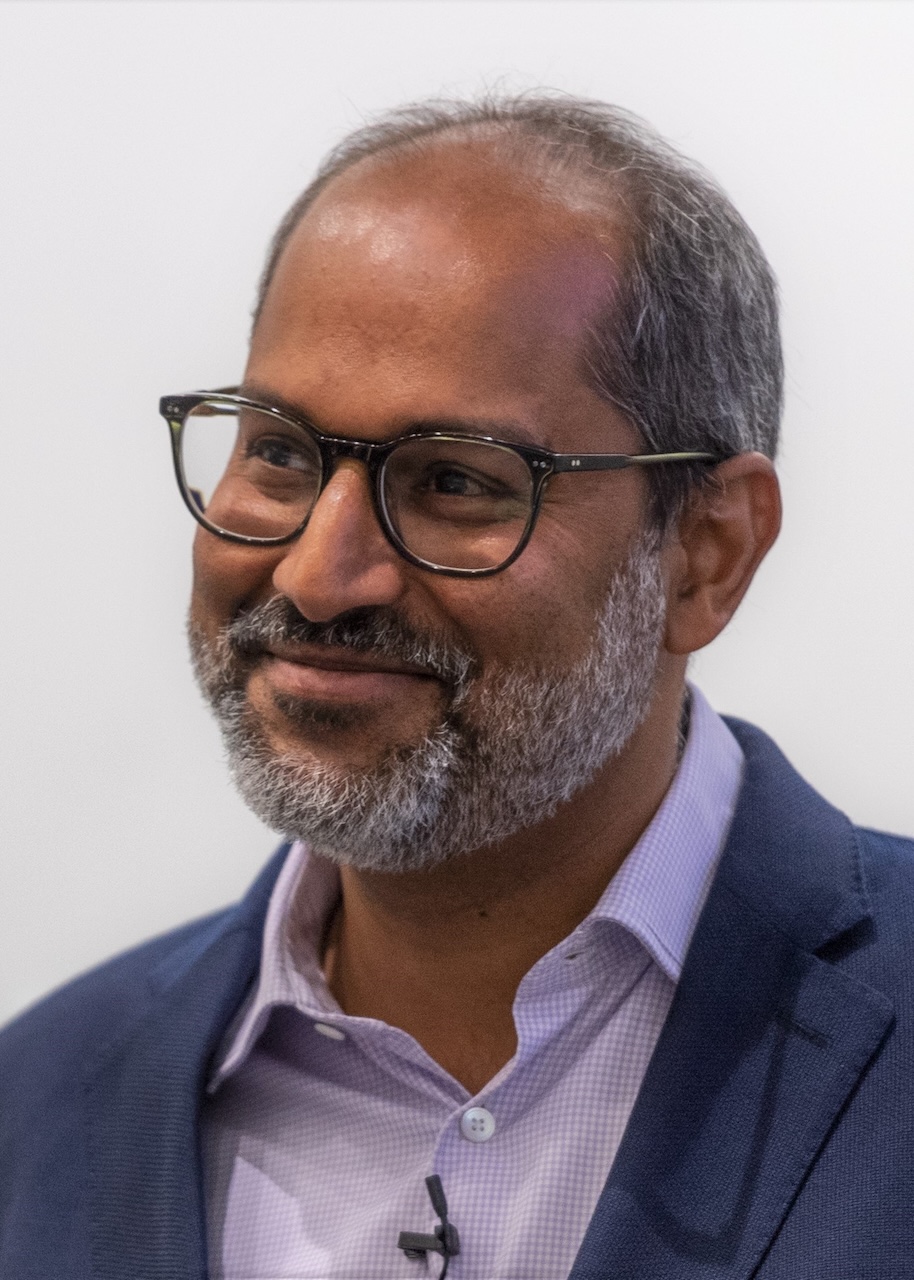
Tarun Ramadorai
Tarun Ramadorai is Professor of Financial Economics at Imperial College London. He grew up in India through the liberalization of its economy and the turbulence of the Asian financial crisis of the late 1990s, which catalysed his interest in the interplay between global and local forces in economies. He did a BA in mathematics and economics at Williams College and an MPhil in economics at Cambridge University before his PhD in business economics at Harvard. Prior to his role at Imperial, he taught at Oxford for over a decade. He has brought the use of large data sets forcefully into his analysis of personal finance decisions and institutions using granular data from a broad range of countries, including low- and middle-income countries with fast-growing middle classes that comprise most of the world’s households. He has served in a range of policy and practice roles in addition to his academic work, including Chairman of the Inter-Regulatory Committee on Household Finance constituted by the Reserve Bank of India, Visiting Scholar at the Economic Advisory Council to the Prime Minister of India, Economic Adviser to the European Securities and Markets Authority, Allocation Advisory Board Member for the Norwegian Sovereign Wealth Fund, and co-Chair of the Fintech workstream of the India-UK Financial Partnership.

Ian Martin
Ian Martin is a Professor of Finance at the LSE. He also serves as Programme Director for the MSc in Finance and Economics. Prior to LSE, he was on the faculty at Stanford Graduate School of Business from 2008 to 2014.
Martin's research focuses on asset pricing, derivatives markets, and the economics of catastrophic risk. His work has appeared in leading journals including the American Economic Review, Quarterly Journal of Economics, Journal of Finance, and Econometrica.
Before entering academia, Martin worked as an interest-rate derivatives trader at Goldman Sachs in London. He holds a PhD in Economics from Harvard University, an MSc in Economics from LSE, and undergraduate and master's degrees in Mathematics from the University of Cambridge.
